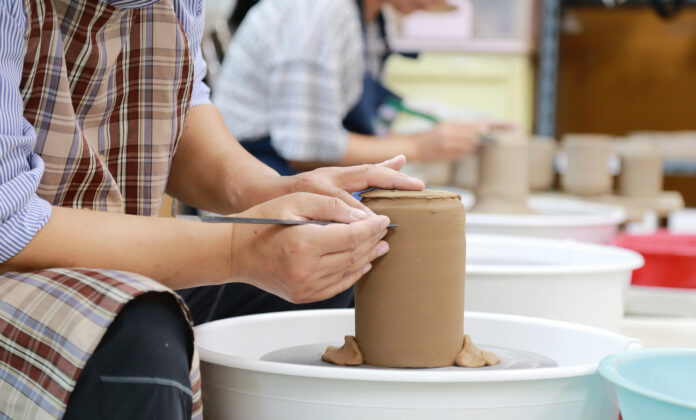In a post on Writers in the Storm, Ellen Buikema says that a character’s hobbies and interests can reveal a lot about their personality, drive the plot, and support your theme. “Gifting your character with hobbies…gives insight into the kind of person that character is,” she says. “To make them relatable and believable, consider hobbies/interests that mirror personality traits in your characters, making them behave the way they do.”
How can you use hobbies in a story? Buikema suggests you can:
- Create character relationships. “In a story, characters having mutual interests is an excellent way to introduce characters to each other or kindle relationships, friends and otherwise,” she writes. “The choice of hobby/interest can be important to the kind of relationship between characters.”
- Use negative/antisocial hobbies. “A hobby can be a problem if it has negative consequences,” Buikema notes. These hobbies are not just for antagonists.” Does a hobby cause stress or embarrassment for others? Does your character pursue their hobby to the detriment of their personal relationships? Does the hobby place a financial or emotional strain? Is it illegal?
- Influence the setting. Many hobbies require a specific setting, while others are portable. “As writers, we can use hobbies as a reason to put characters in specific settings where we want a particular scene or story to take place,” Buikema says. If travel if your hero’s hobby, use it to introduce him or her to new people and places.
- Move the plot forward. Hobbies don’t have to move the plot forward, but they can. In Sleeping with the Enemy, a swimming teacher helps a woman devise a method for escaping her abusive husband. In the Harry Potter series, Harry and Ron collect trading cards, in which J.K. Rowling hides information that later figures into the plot.












